Your cart is currently empty!
Tag: Organic Growing
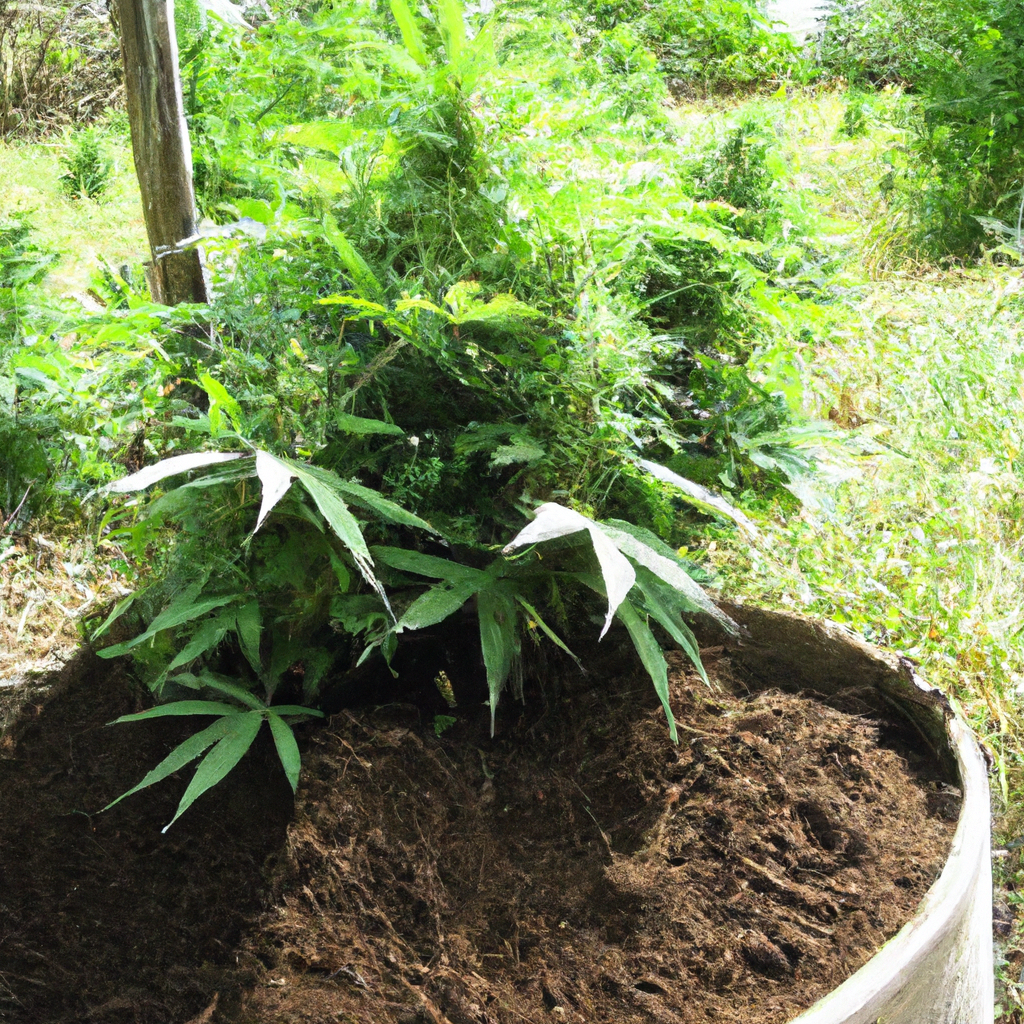
Cannabis cultivation is shifting towards organic methods, emphasizing sustainability and environmental health. By using natural fertilizers, composting, and eco-friendly pest control, growers enhance plant vitality without synthetic chemicals. Key practices include building nutrient-rich soil through composting and manure, employing companion planting and biological pest control, and maintaining soil health via rotation and mulching. This approach…
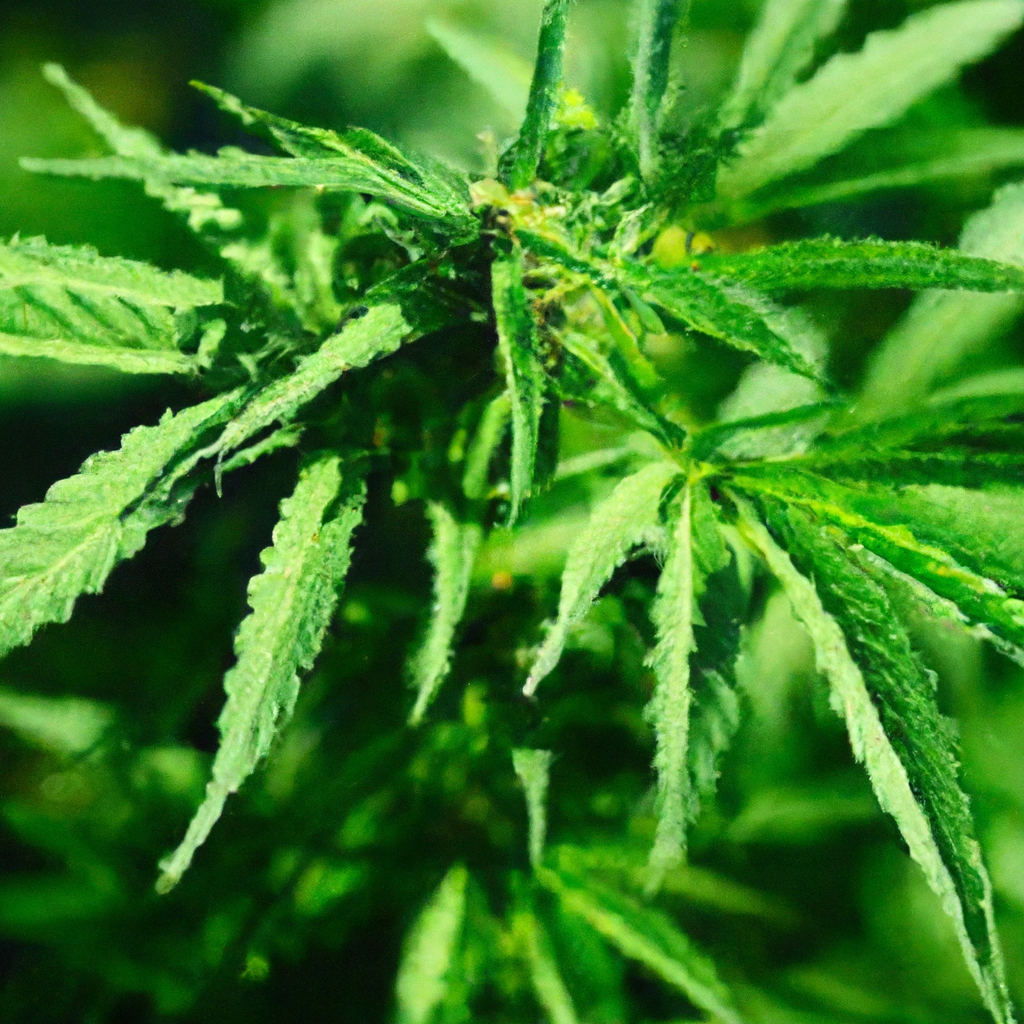
As the cannabis industry expands, so does the need for eco-friendly cultivation. Organic cannabis cultivation benefits ecosystems, growers, and consumers by using sustainable methods like natural fertilizers, composting, and pest management. Healthy soil is crucial, nurtured with compost and fertilizers such as fish emulsion and kelp. Integrated Pest Management (IPM) promotes plant health using beneficial…
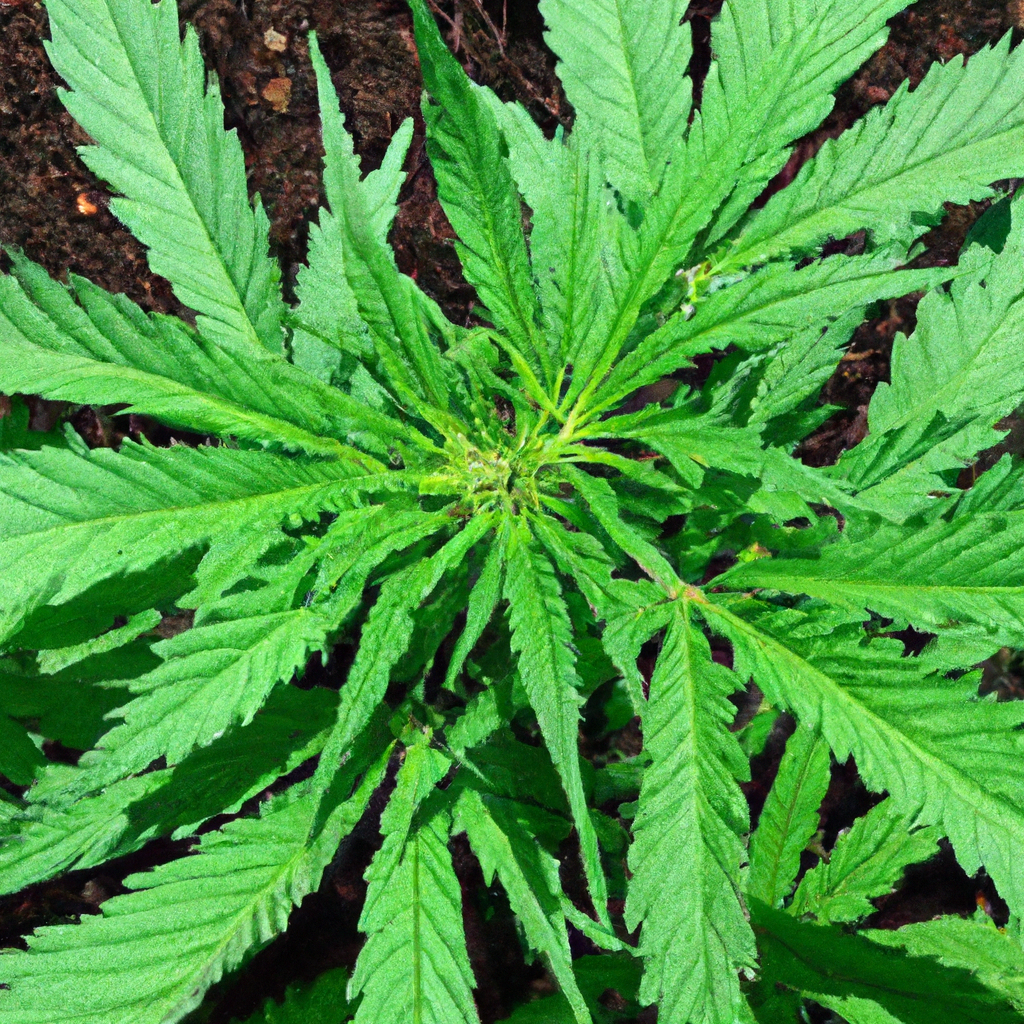
This blog post explores the growing trend of organic cannabis cultivation, highlighting the numerous benefits of organic fertilizers. These fertilizers improve soil health, reduce environmental impact, and enhance the flavor and potency of cannabis without relying on synthetic chemicals. Key practices for building a healthy soil ecosystem include composting, adding organic matter, and using mulch.…
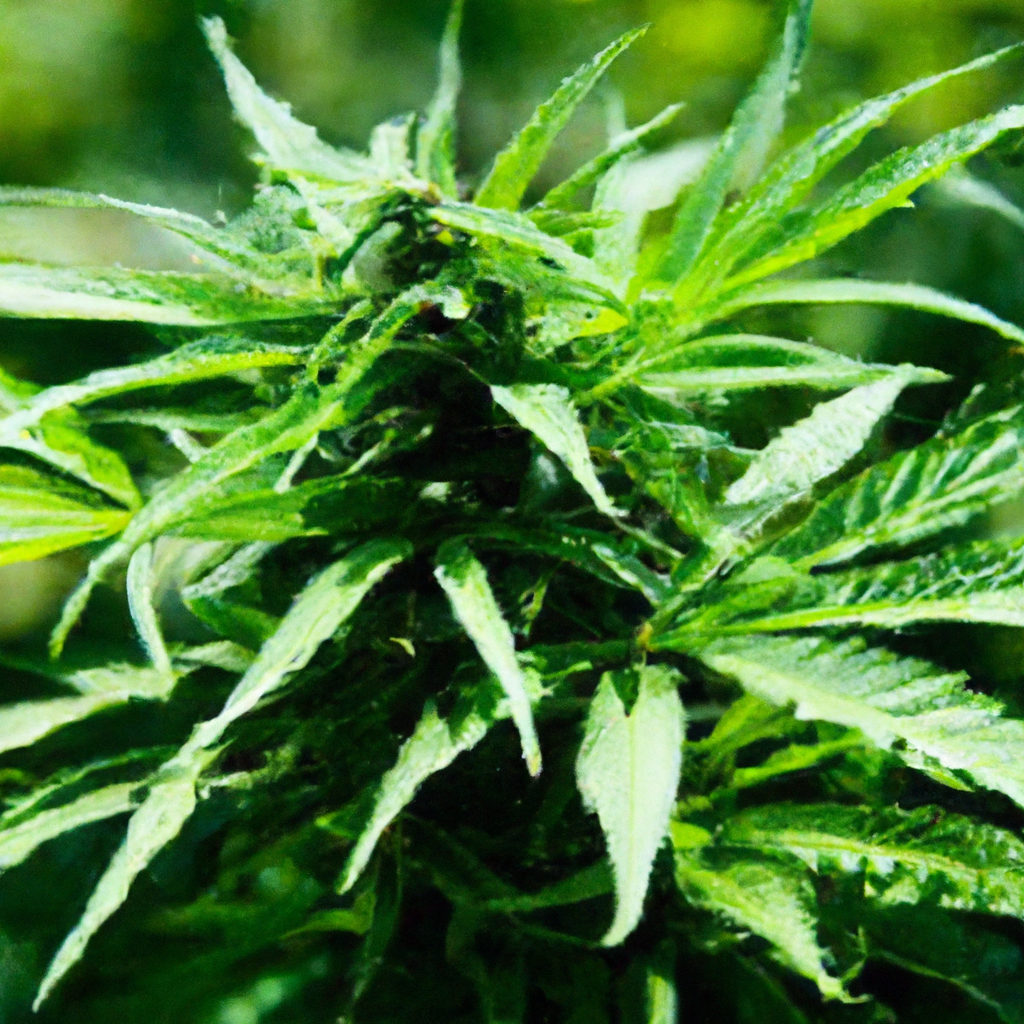
The rise of organic cannabis cultivation is part of a broader shift towards sustainable agriculture, emphasizing eco-friendly practices that enhance yield without harming the environment. This piece delves into the core aspects of organic cannabis farming, focusing on soil health, natural fertilizers, and eco-conscious pest control. By enriching soil with compost, using cover crops, and…
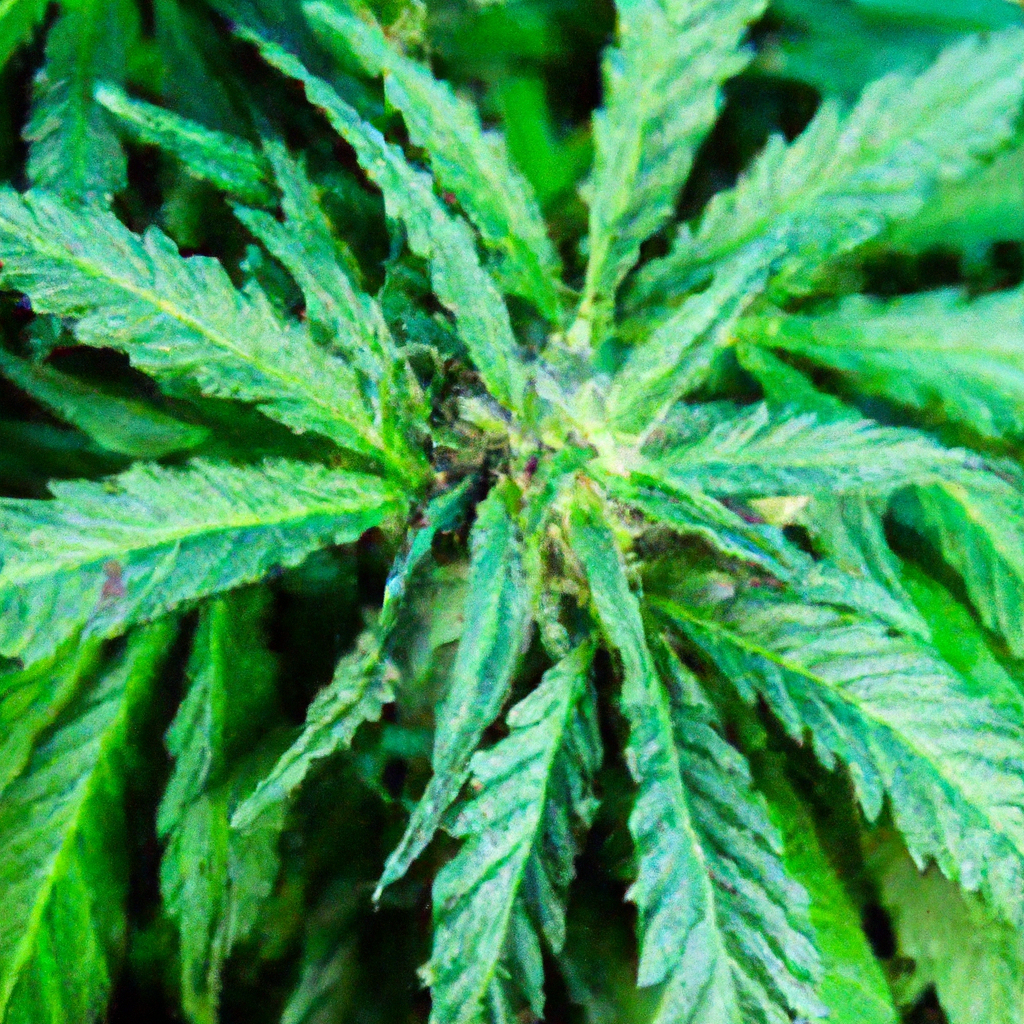
Organic cannabis cultivation offers a sustainable and environmentally friendly approach by avoiding synthetic chemicals and focusing on nature-based methods. This guide highlights key practices, such as using living soil rich in microorganisms, natural pest control with beneficial insects and companion planting, and sustainable practices like efficient water management and energy use. Embracing organic methods leads…
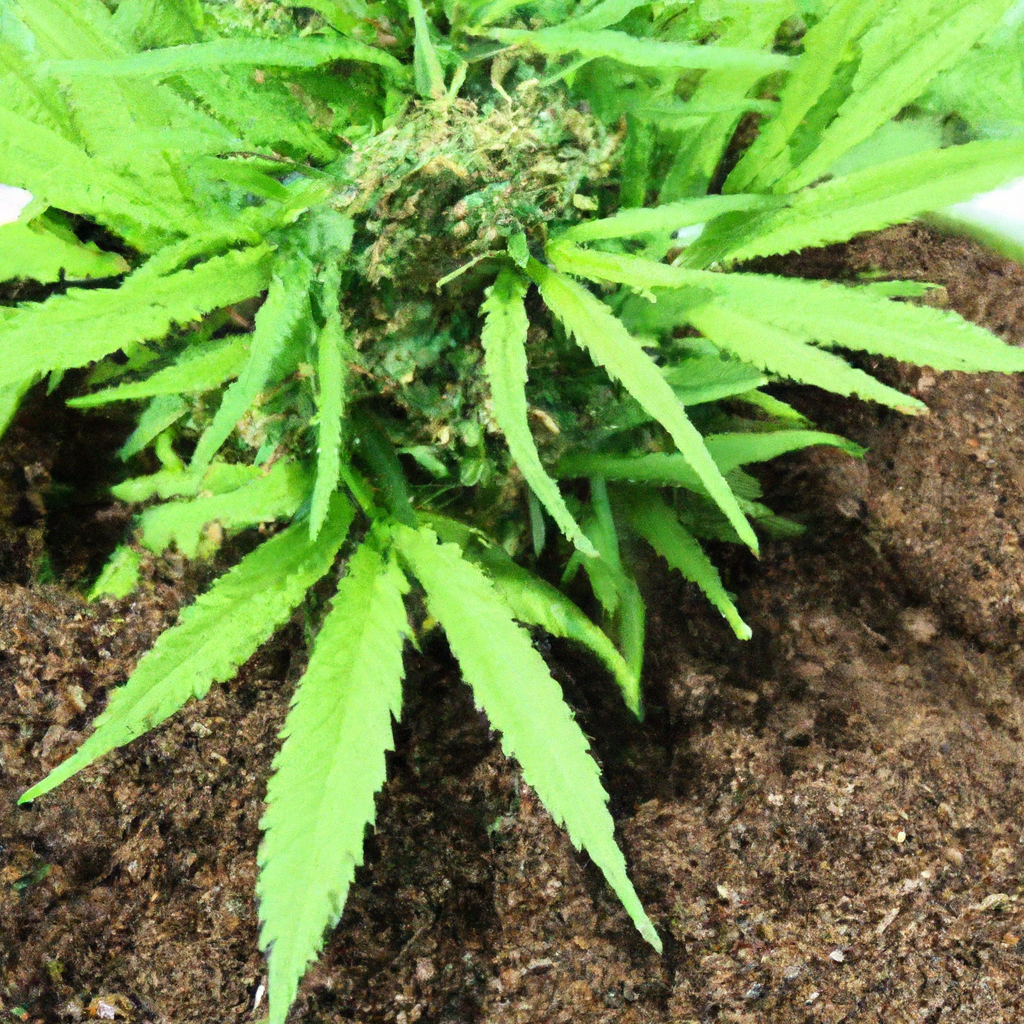
Organic cannabis cultivation merges nature’s wisdom with sustainable practices by utilizing natural fertilizers, compost, and eco-friendly pest control. This approach enriches the environment and enhances cannabis quality without synthetic chemicals. Key practices include building robust soil ecosystems through composting and natural amendments, employing sustainable pest management with beneficial insects and companion planting, and using natural…
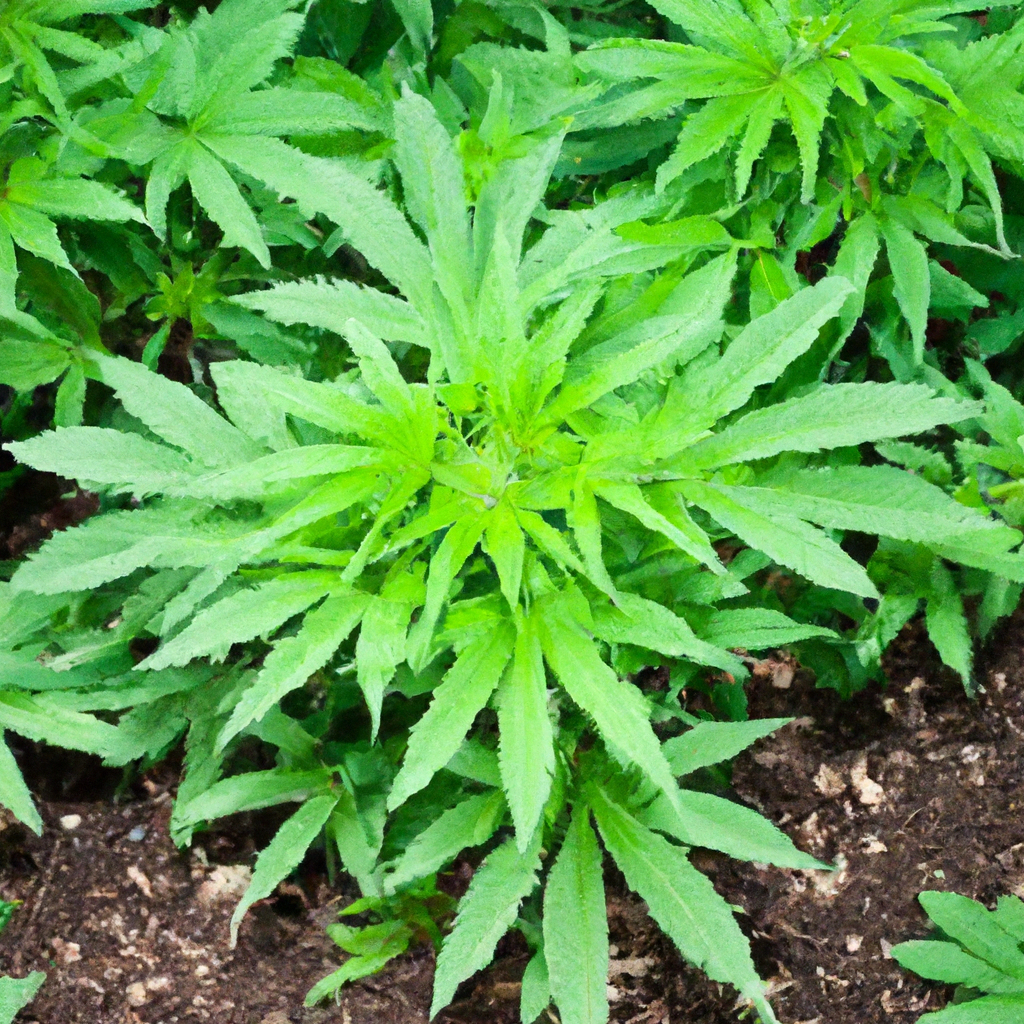
Organic cannabis cultivation is a sustainable approach that enhances soil ecology, naturally improves pest control, and promotes ecological balance. By building a thriving soil ecosystem through compost integration, cover cropping, and mulching, growers can boost plant health and cannabinoid production. Natural fertilization methods, such as using animal and plant-based amendments and fermented plant juices, provide…
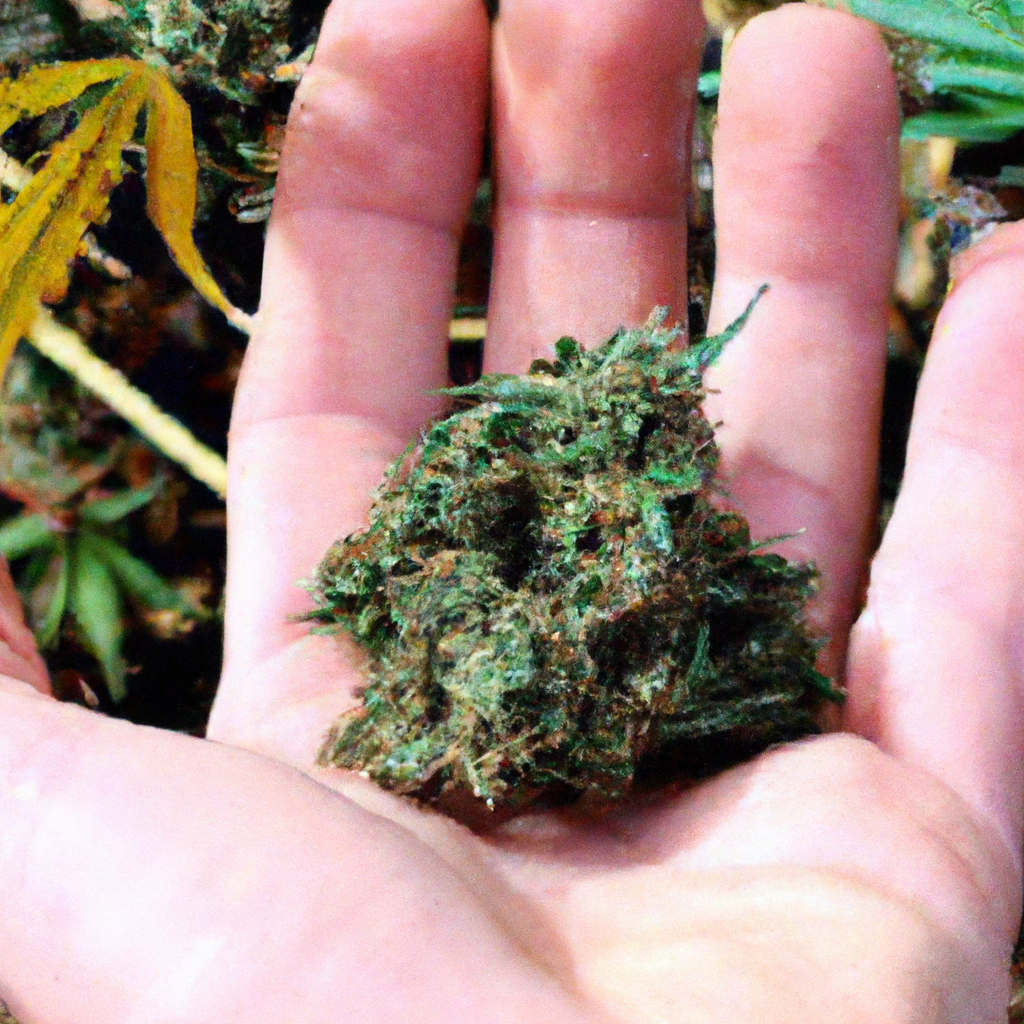
Organic cannabis cultivation is becoming popular due to its eco-friendly practices and superior quality. This article delves into best practices for organic cannabis growth, including building healthy soil ecosystems with compost and beneficial microbes, using natural fertilizers like worm castings and bone meal, and employing eco-friendly pest control methods such as companion planting and neem…
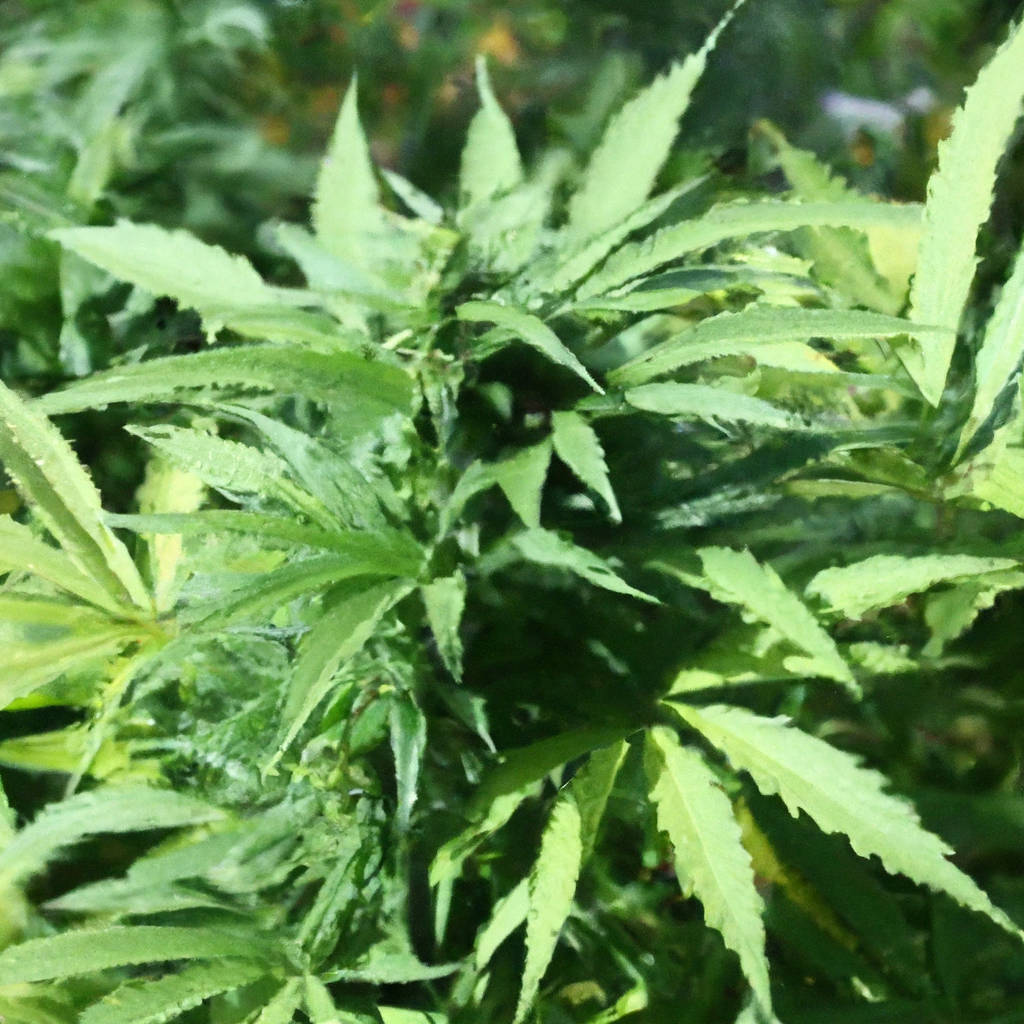
As the cannabis industry expands, interest in sustainable and organic cultivation methods grows. Organic cannabis cultivation focuses on consumer health and environmental sustainability. Key practices include building a healthy soil ecosystem with compost, mulch, and cover crops; using natural fertilizers like manure, seaweed extract, and bone meal; employing natural pest control with beneficial insects, neem…
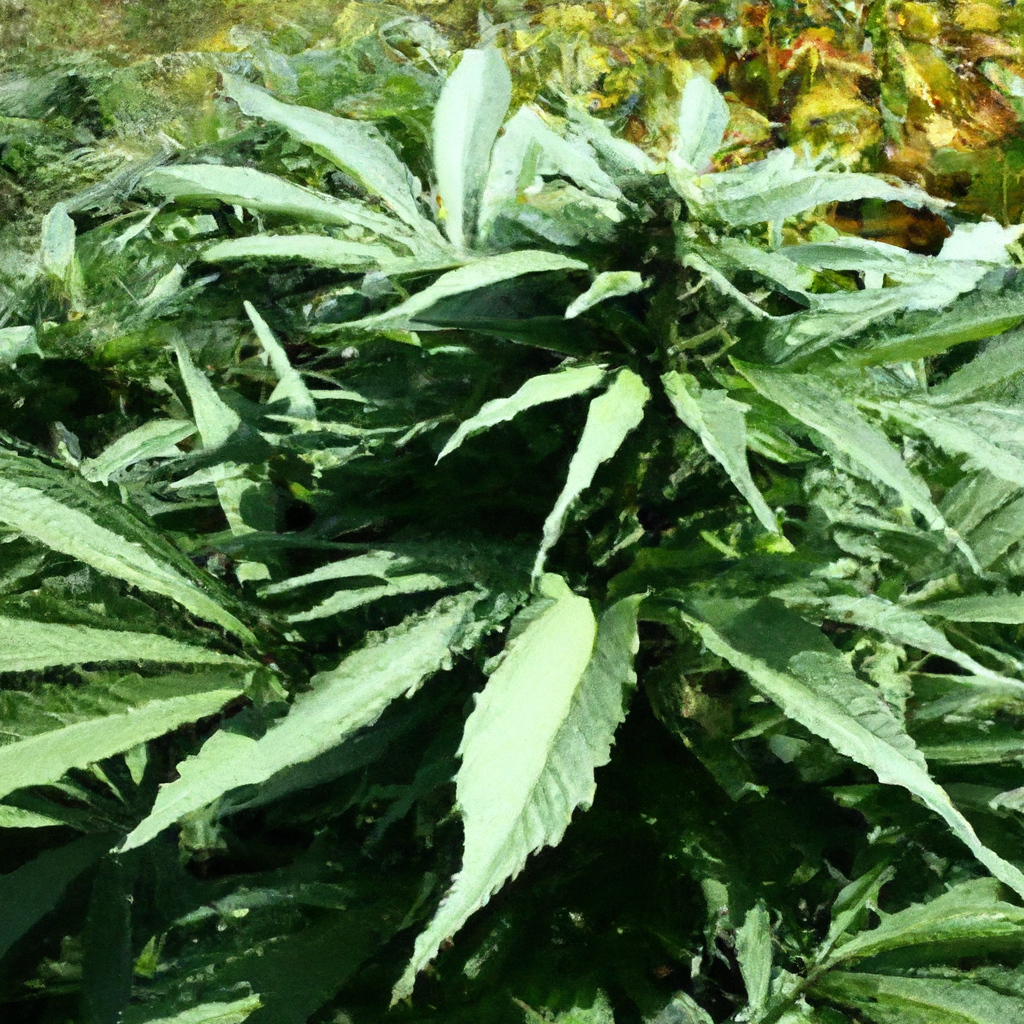
As the demand for sustainable practices increases, organic cannabis cultivation is becoming more popular. It focuses on natural fertilizers, compost, and eco-friendly pest control to enhance both plant health and environmental benefits. Key practices include nurturing living soil through composting, cover cropping, and mulching; using natural fertilizers like worm castings, fish emulsion, and bat guano;…
